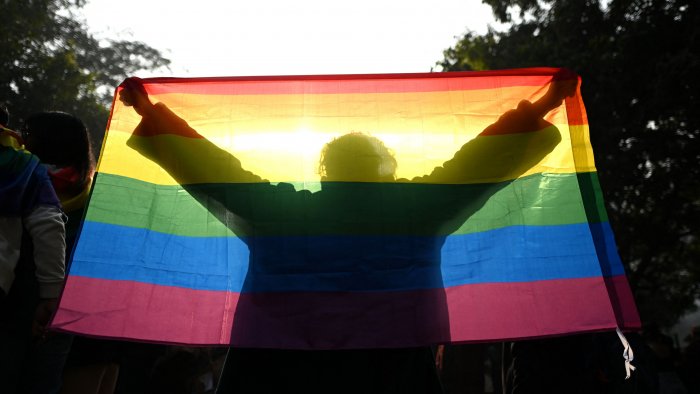A five-judge panel said it will not discuss areas of personal legislation, adding that the legal process in the case will take a “step-by-step approach” and be guided by “wise wisdom”
The Supreme Court on Tuesday began hearing arguments on a series of petitions, clarifying that the case will only address legal recognition of same-sex partnerships under the Special Marriage Act (SMA). A “step-by-step approach” to the judicial resolution of the case shows “wise foresight,” according to a five-judge panel headed by Chief Justice Dhananjaya Y. Chandrachud. The court also said it would not look into the features of personal laws.
Given the possibility of parliamentary action in this situation, it would be prudent to limit the discussion to the acceptance of same-sex partnerships by SMA, the court said. In these times of evolving consensus, we must move toward a more equal future, but at the same time we must be aware of our own limitations, the court told the petitioners, led by senior counsel Mukul Rohatgi. Limit your ideas to this canvas and let society and the legislature develop, the judge commanded.
The Union government, represented by Attorney General Tushar Mehta, objected to the hearing on the grounds that only Parliament had the power to decide whether to recognize same-sex marriages, even if the petitioners agreed with the court’s recommendation. The petitioners had failed to ask a court, which had no power to grant such relief, to give them a legal right to recognition of same-sex marriage. Mehta stressed in his petition that the court should not even consider the issue that only a biological man and a biological woman can legally marry, the meaning of the law being obvious.
“You are making a value judgement ” This is not true, because we are talking about a biological man and a biological woman. Men and women are not absolute concepts. It cannot be about your genitals. It’s much more complicated than that. He advised Mehta that a man and a woman cannot be defined by their genitals alone. Rohatgi then began the petitioners’ remarks, focusing on the equal right of the LGBTQI+ community to be recognized within the social institution of marriage.
“My rights are equal to everyone else’s. They are entitled to respectability and the right to marry. That credibility comes with privileges that are natural. I should be given the same opportunity. We cannot be treated differently just because there are ten thousand of us and 10 million others,” he said.
On Wednesday, the case will continue to be heard.

